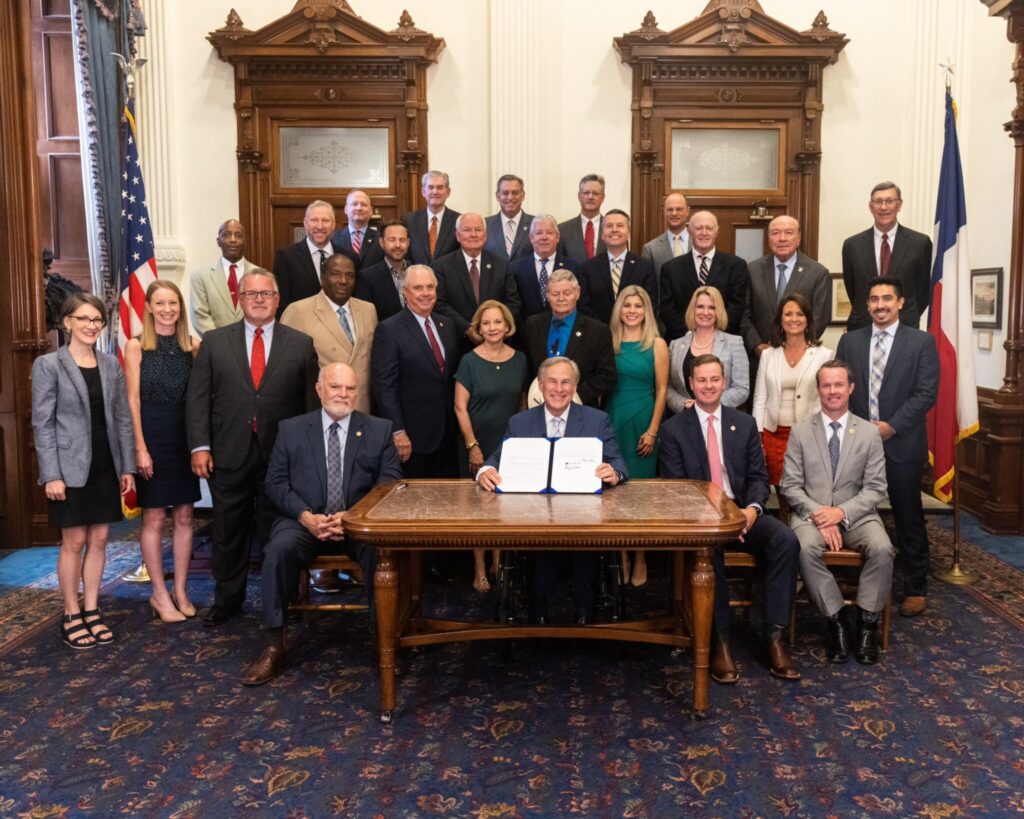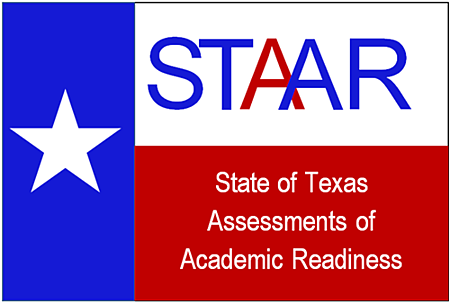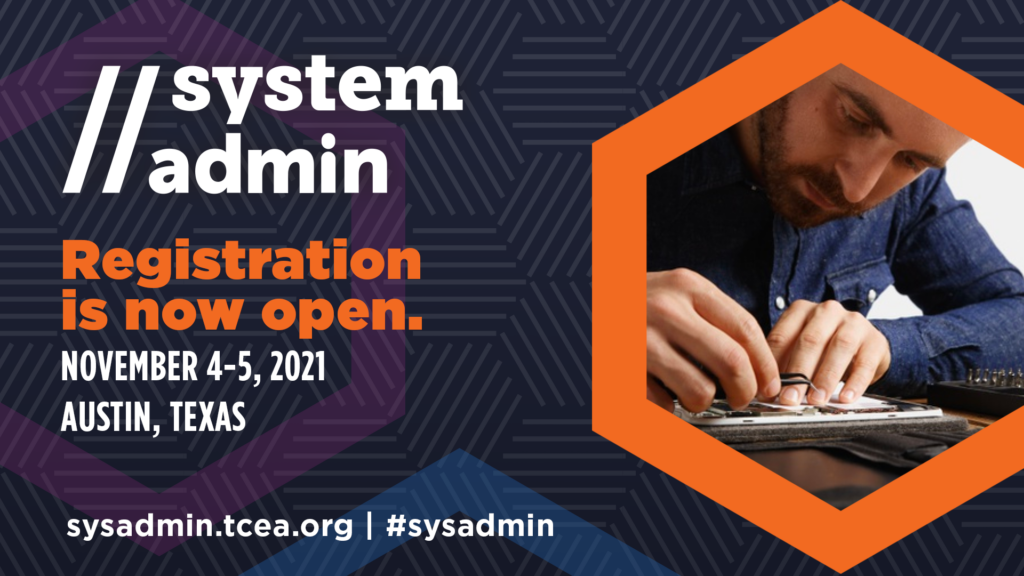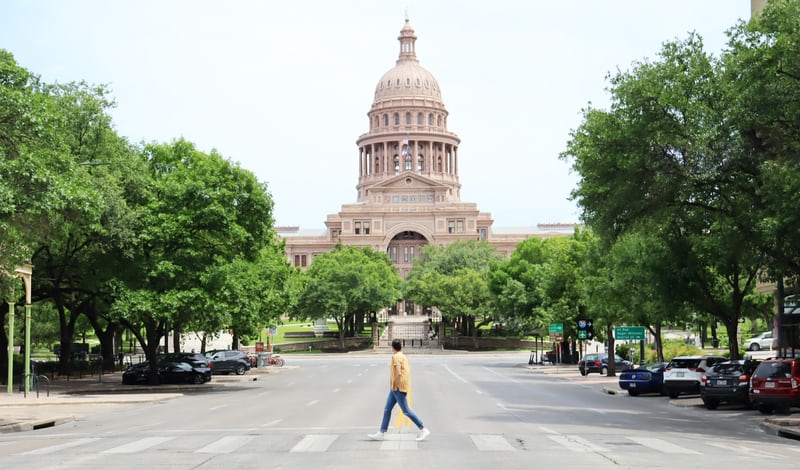The Texas Legislature meets every two years for 140 days. It’s a whirlwind of activity, even in the midst of a pandemic. The 87th Legislature ended their regular session on May 31, 2021. I have highlighted below some of the legislation that passed that affects educational technology, as well as a brief update on the Texas State Board of Education and its actions.
Broadband
TCEA has been working on broadband policy since 2013. We are very pleased that many of the things we have been advocating for were enacted into law in this recent session.

HB 5 was an omnibus bill that addressed several of the inequities surrounding broadband access.
- One key element of the bill established a broadband office that will be housed in the State Comptroller’s office.
- The office will be a resource for information regarding the expansion and adoption of broadband service in the state. It will also engage in outreach to help expand broadband service in areas that are currently underserved and unserved.
- The office will also create a broadband development program to provide grants, low-interest loans, and other financial incentives to expand broadband across the state.
- HB 5 also created a Broadband Development Account that will be used to administer the steps outlined in the bill.
- In addition, the bill included provisions that will assist in providing more accurate broadband maps.
HB 3853 allows electric utility companies to sell middle mile wholesale broadband to providers that would sell broadband directly to the customer.
SB 507 directs TxDOT to adopt rules to allow broadband-only providers to use state highway right-of-ways in the same manner that other utilities currently enjoy. This puts broadband-only providers on par with other utilities that access state highway right-of-ways., thus removing a barrier to the efficient deployment of broadband.
HB 1505 creates a pole replacement program and fund that will help defray the cost of broadband installation.
Online Assessment

HB 3261 puts into place the needed support for districts to administer online assessments. The state will administer almost all assessments online beginning in the 2022-23 school year.
Use of TIMA to Administer Online Assessments
Below are the provisions in HB 3261 that pertain to the Technology and Instructional Materials Allotment:
- Requires the Commissioner to estimate how much money school districts need in the TIMA for technology.
- Requires the SBOE to take into consideration how much districts need for technology (as reported by the Commissioner), as well as how much they need for instructional materials.
- Deleted the language in the law that required districts to purchase instructional materials before they could spend their TIMA on technology.
- Requires the SBOE to limit the size of the proclamation to 75% of the TIMA.
- Adds four allowable expenditures for the TIMA funds.
- Broadband services (currently allowed in TEA’s rules)
- Broadband equipment (currently allowed in TEA rules)
- Technology infrastructure that is necessary to ensure adequate internet connectivity
- Personnel to train teachers in the administration of online assessment instruments
Grant to Help Fund Broadband Infrastructure
- HB 3261 creates a grant that will help districts that do not have adequate infrastructure to support the necessary bandwidth required for online assessments.
Online Assessment Provisions
- The bill also stipulates that no more than 75% of the available points on the assessment can be multiple-choice questions.
- It also allows districts to administer the test on the first instructional day of the week.
- HB 3261 prevents TEA from requiring school districts to provide a device with a keyboard for online assessments. This decision is up to the district.
- The transition plan will begin September 1, 2021.
TIMA

When HB 1525 passed the last day of the legislative session, it enacted a budget rider that had been written in the waning days of the session. Riders convey specific instructions on how agency funds can be collected or spent. Riders may also express legislative intent and be used to provide funds for administrative functions. The HB 1525 rider reduced the amount of the TIMA by $620,690,923. This means that the legislature appropriated only $429,290,923 for the TIMA for the 2022-2023 biennium. This is the lowest amount that has been appropriated for the TIMA since its inception.
At the June SBOE meeting, the Commissioner addressed the cut to the TIMA funds. He indicated that the cost for this biennium’s proclamation is light ($120 million), which means there are still funds available for districts to spend on technology and staff from their TIMA ($430 million). He also pointed out that the state used up to $800 million of federal CARES Act funding during the 2020-2021 school year for technology. He further suggested that there is funding appropriated in HB 1525 that can be used for technology. He finally reminded the SBOE that Texas school districts have recently received $15 billion in federal funding, for which technology is an allowable expenditure.
TEA’s website indicates that they will load the new TIMA allotments into EMAT sometime in June or July.
TIMA May Be Used for Conference Fees
There is some good news related to the Technology and Instructional Allotment. TEA will once again allow districts to use their TIMA for professional learning fees, including the registration fees to conferences. This is something they allowed for years and then changed the policy to prohibit the use of TIMA funds for conference fees. We have been petitioning them to change this rule because the law clearly states that the allotment can be used for training personnel on how to use technology and the instructional materials. We received an email this week indicating that they have reverted to their original policy of allowing districts to use their TIMA for conference fees, but not to pay for the travel expenses to attend a conference or professional learning experience.

Virtual Learning
HB 1468, a bill that would have allowed districts to offer virtual learning for students living within their boundary, was a casualty of the session ending before midnight on May 30. We had hoped that this issue would have been added to the list of issues that could have been discussed in a special session, but so far it has not been added. Senator Taylor, the Senate sponsor for 1468, has indicated a desire to pass this type of legislation during a special session.
Student Data Privacy
HB 363 by Representative Van Deaver was amended into HB 1525. It requires that a company that has been approved or adopted by TEA and possesses personally identifiable student information must use the unique identifier established by the Texas Student Data System (TSDS) for any account creation, data upload, data transmission, analysis, or reporting to mask all personally identifiable student information. The company must also adhere to a state-required student data sharing agreement that includes the established unique identifier standard.
TCEA was able to amend the bill to give districts more flexibility. The language that was changed allows districts to add to the list of data that a company can collect on a student. They also have the ability to negotiate with the company to adjust the data sharing agreement. Both of these changes were meant to help meet the district’s specific needs.
Cybersecurity Training
There were two bills that passed that dealt with cyber security training. HB 1118 requires that any employee who uses a computer for 25% of their duties or more is required to participate in the cybersecurity training. SB 1267 only requires the Cybersecurity Coordinator to take the training and then leaves it up to the district to determine who may also participate in the training. I’ve heard the last bill signed by the Governor takes precedence over the issue when there are two conflicting bills. SB 1267 was signed by the governor after HB 1118, so SB 1267 should be the one that governs who must be trained within the district. On the DIR website, they advise that your district seek legal advice on which bill to follow. They also address these two bills in their FAQs.
SBOE News
Technology Applications
The SBOE is currently reviewing the K-8 Technology Applications standards. Below is a timeline of the process.
Anticipated Timeline
- Summer 2021 – Work groups revise and review the TEKS.
- Fall 2021 – SBOE discusses and receives initial feedback.
- Spring 2022 – Public hearing is held and SBOE votes on the first reading and filing authorization. This triggers the 30-day public comment period.
- Summer 2022 – SBOE adopts the revised Technology Applications standards.
- School Year 2024-2025 – Revised K-8 Technology Applications are required to be taught.
Additional Resources
Additional information and updates will be provided throughout the review process on the Technology Applications TEKS Review, Kindergarten-Grade 8 web page.
The current K-8 technology applications TEKS are available on the TEA website.
This site provides more detailed information about the legislation that passed in the 87th legislature that affects educational technology.
Photo of Texas State Capitol taken by Dale Honeycutt on Unsplash
Photo of Jar of Money was taken by Michael Longmire on Unsplash
Photo of girl in home library by Annie Spratt on Unsplash



2 comments
Is there a house bill that talks about k-12 schools needing to have VOIP phone systems by a certain time? Thanks
Hi Scott! I’ve looked around and asked around, and I can’t find any information on this. You can feel free to reach out to Matt Russell (mrussell@tcea.org) who works on our advocacy efforts!